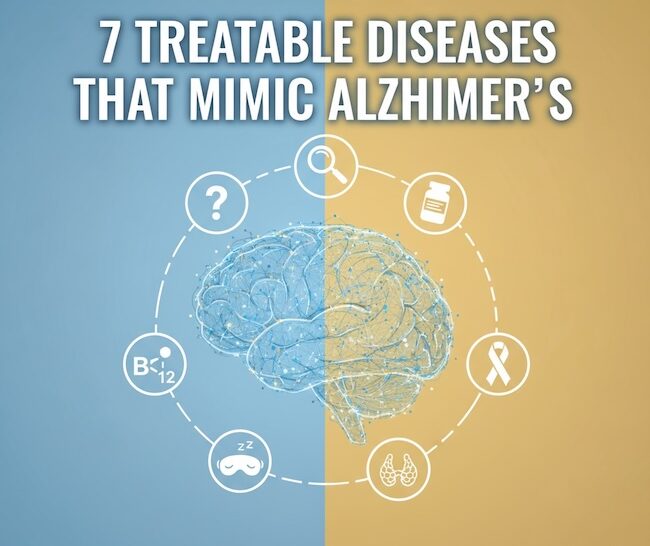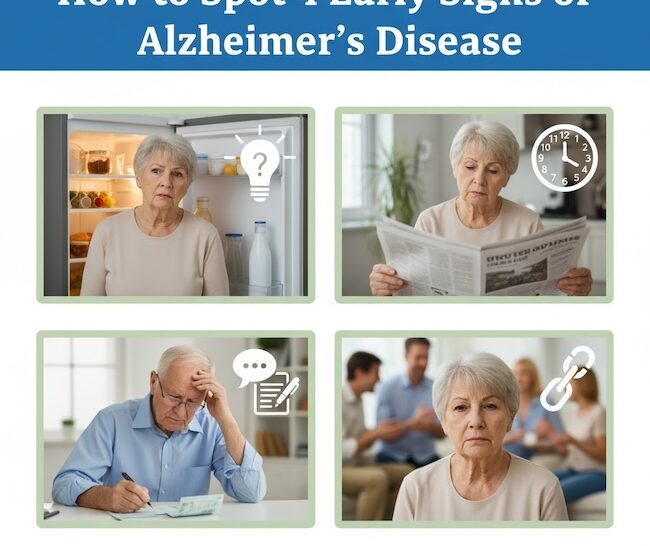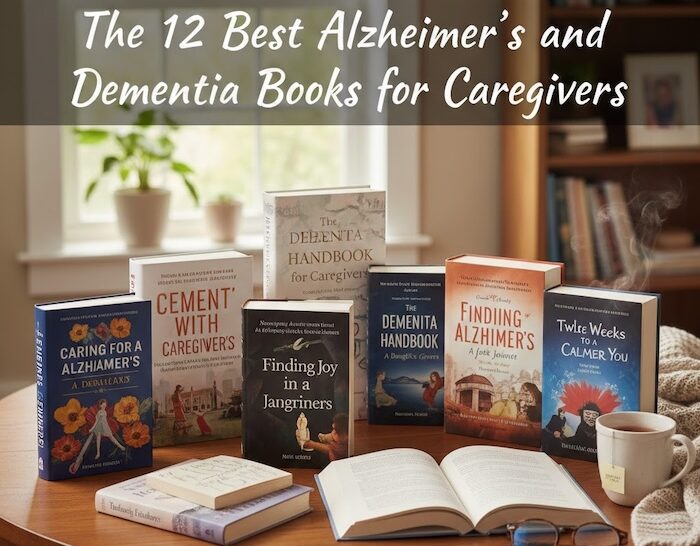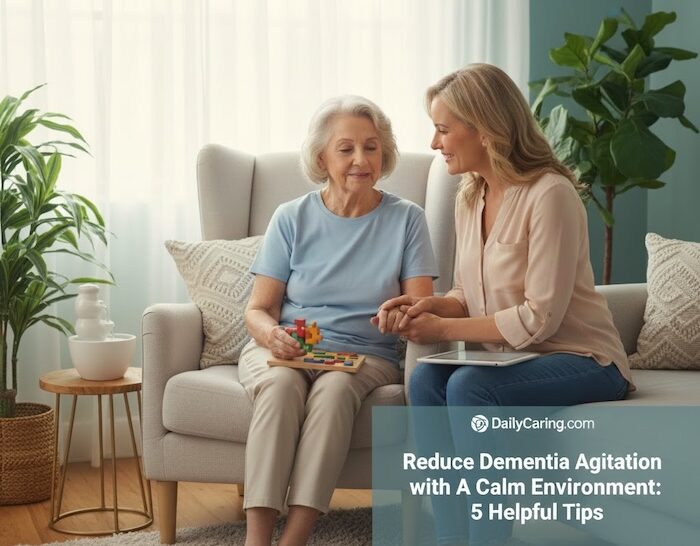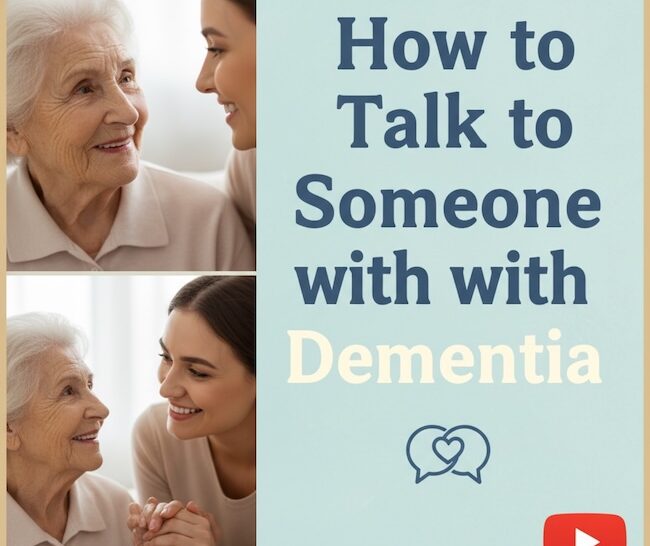The SAGE test for Alzheimer’s Disease is a brief, self-administered cognitive assessment tool to detect early signs of Alzheimer’s disease and other cognitive impairments. SAGE stands for “Self-Administered Gerocognitive Exam” and can be an excellent tool for early-stage detection. The SAGE Test evaluates memory, reasoning, language, and problem-solving skills through a series of questions and tasks. While it is not a diagnostic…















